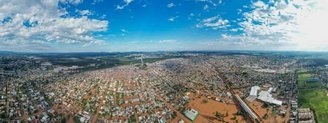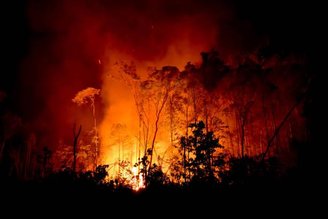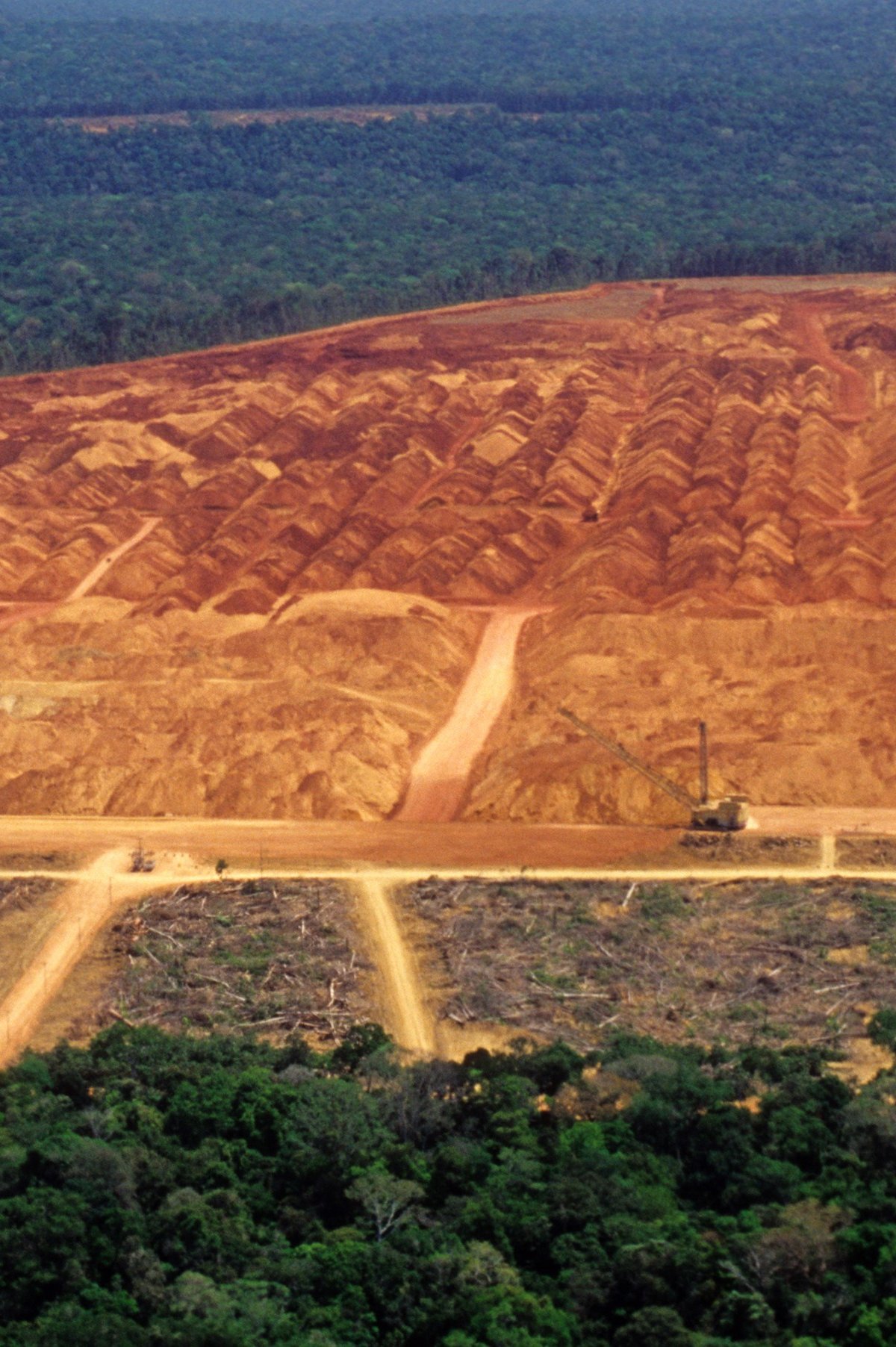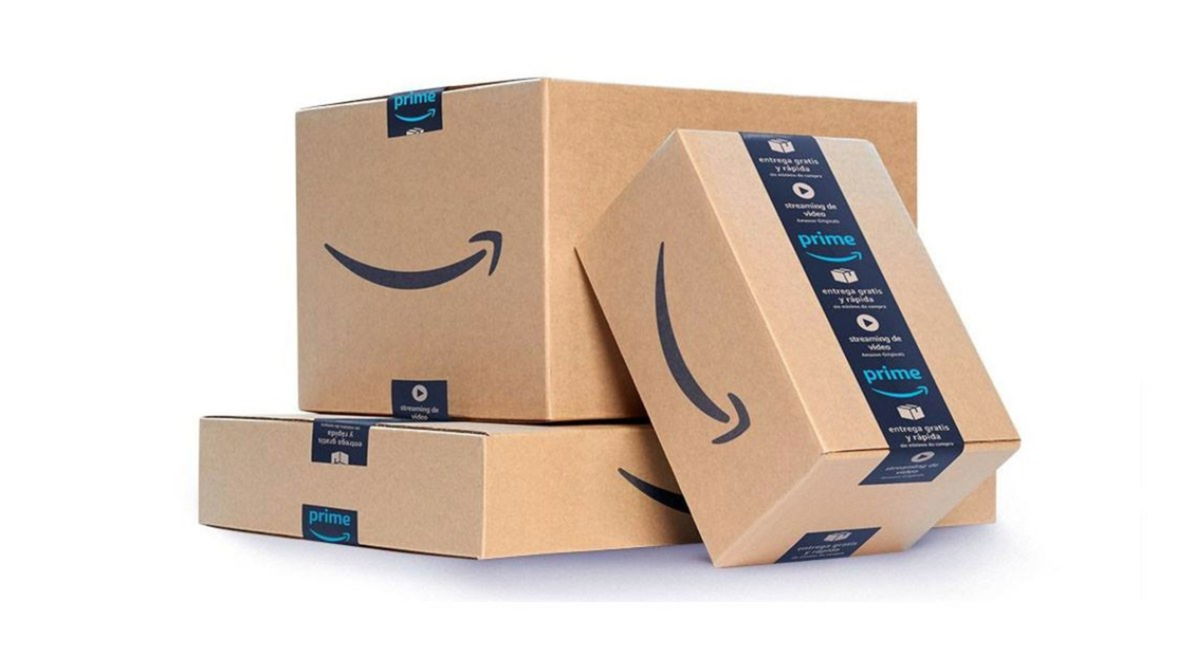We are still very dependent on good results from agricultural production. Brazil’s economy is under threat from the devastating potential of climate changeThis is a factor that is often underestimated by public decision-makers for ideological reasons, and even by sectors of the agricultural sector in their search for intense short-term productivity and immediate profits.
The truth is that if effective measures are not taken, This multidimensional process is characterized by global changes in temperature, hydrological cycles, and water resources. Will be felt from 2050 onwardsAccording to experts, production and economic losses are occurring repeatedly in agriculture, which has negative consequences for Brazilians’ food security.
Although climate change is a natural process on Earth, human actions in recent years have repeatedly caused record high temperatures, mainly due to the uncontrolled emission of greenhouse gases (GHG) into our planet’s atmosphere. The 2018 Intergovernmental Panel on Climate Change (IPCC) report reveals that 95% of climate change is caused by greenhouse gas emissions.
How is climate change currently affecting Brazil?
In the 2021 Global Risks report prepared by the World Economic Forum with governments, companies and social actors, There is a perception that these effects are already visible in Brazilian agriculture. In addition to the risk of losing our position as one of the world’s largest food exporters, our suite of advanced agricultural production technologies and the organization of production chains are also partly under threat.
Carlos Eduardo Cerri, professor at the Luiz de Queiroz Agricultural College in Piracicaba, explains in a recent interview with Rádio USP that the impact on food production is clearly visible from the planting of seeds. According to the agronomist, the current unpredictability of the climate prevents farmers from continuing to rely on combined techniques scientifically adapted to climate models.
The chaos seen in recent years has created due to extreme weather events such as frost, drought and floods has caused alarming soil degradation, This forces farmers to engage in a complex strategy of redesigning fields. As a result, traditional agricultural croplands are abandoned at the expense of other areas that require new approaches and technologies to become productive.
From droughts and floods to family farming at risk

According to the World Food Programme’s report “Climate impacts on food security and nutrition”, heavy rainfall, floods, droughts and heat waves scenario has a special impact on family farming, It is a sector that represents 77% of all agricultural holdings in Brazil, according to Contag (National Confederation of Rural Workers, Farmers and Family Farmers).
A 2020 study using computational general equilibrium models assessed the impacts of climate change on the agricultural productivity of family and employer farmers. According to author Tárik Tanure, “family farmers’ agricultural productivity is more sensitive to climate change” because cassava, maize, and beans, which are typical of this method, will be the most affected by productivity loss.
This means that climate change is negatively impacting subsistence crops, leading to a significant deterioration in food security for family farmers. According to the research, the consequences of this are loss of income and depreciation of land values, pressure on inter-regional migration, including major metropolises.
Deadly contribution of fires

Tragic social and irreversible ecological climatic events continue to punish Brazil from north to south. At the end of April, record floods in Rio Grande do Sul dealt a serious blow to agriculture in Rio Grande do Sul, affecting 50,000 farmers, causing a three million ton fall in soybean yields and killing more than a million birds in the waters.
As if that weren’t enough, Fires now directly affect Brazil’s economyHundreds of thousands of hectares have been devastated by fires. Most of these events are naturally caused by drought, but many are attributed to criminal activity in São Paulo and the Pantanal.
A recent analysis by Oxfam Brasil for IstoÉ Dinheiro estimates losses of between 0.6 and 0.8 percentage points of GDP this year. The immediate impacts include an increase in the cost of basic food products, while in the medium term, more spending on public health and emergency income transfers for housing construction are expected.
In the long run, costs cross borders and can be summarized in the “big filter”, A scientific hypothesis that suggests that at some point in the development of a civilization there may be an impact on the survival of the species that will have immeasurable and unpredictable consequences.
Follow the effects of the climate crisis on our country and the world on TecMundo. If you wish, you can also learn how carbon credits are, what they are and how Brazil can lead this market.
Source: Tec Mundo
I’m Blaine Morgan, an experienced journalist and writer with over 8 years of experience in the tech industry. My expertise lies in writing about technology news and trends, covering everything from cutting-edge gadgets to emerging software developments. I’ve written for several leading publications including Gadget Onus where I am an author.













